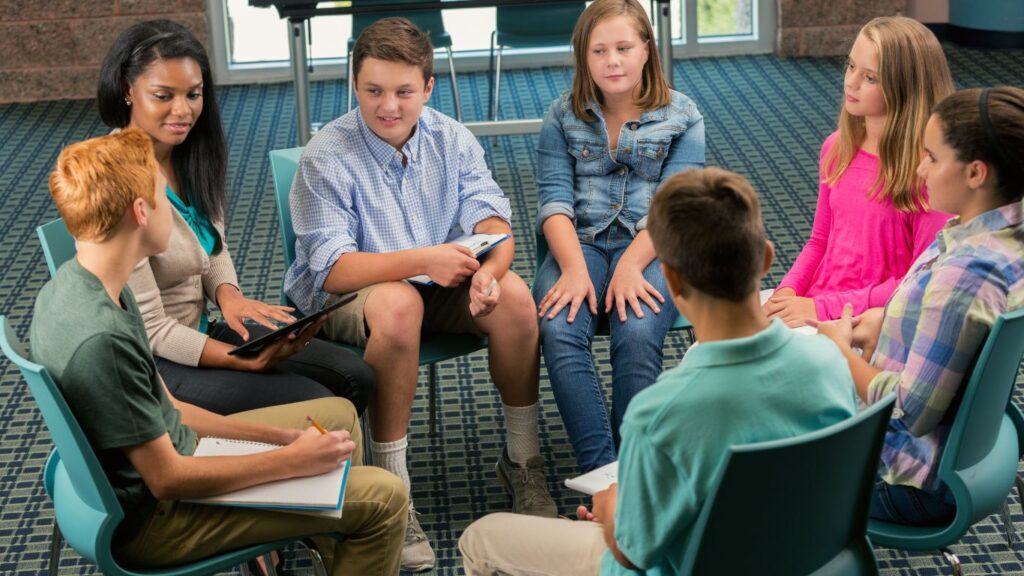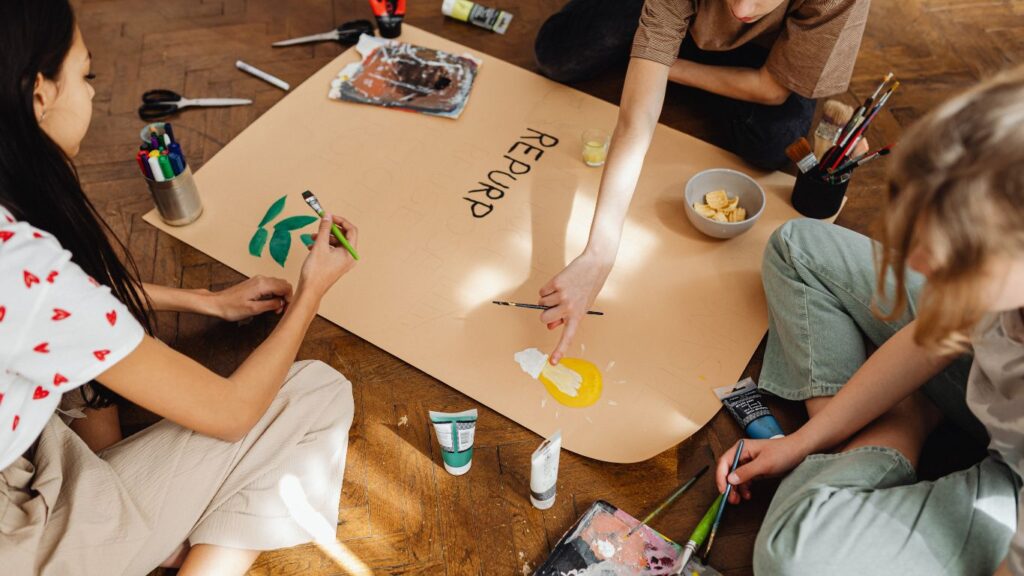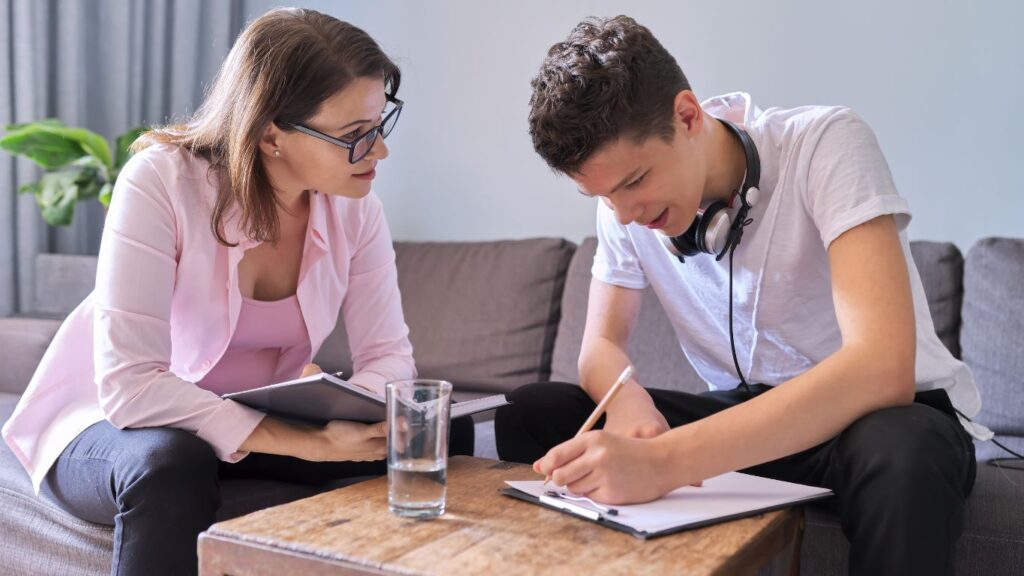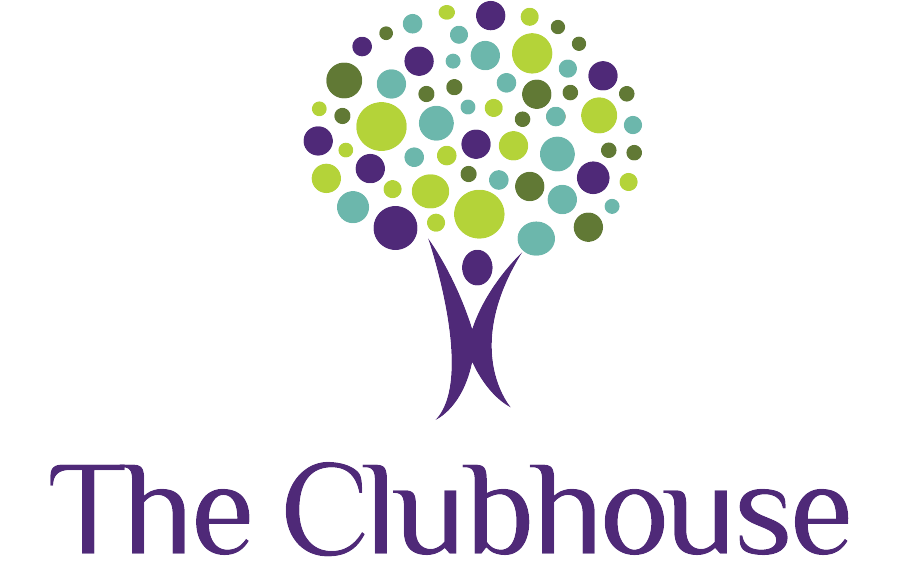Navigating friendships, excelling in school, and gaining independence all start with strong social skills. However, for teens with autism or developmental delays, social interactions can be especially tough.
ABA (Applied Behavior Analysis) therapy offers targeted support to help teens overcome these communication challenges. At The Clubhouse, our comprehensive ABA therapy services focus on helping teens improve communication and grasp social cues while building meaningful connections.
By breaking down social skills into small, manageable steps, ABA helps teens practice and master everything from everyday conversations to handling more complicated social situations.
This article is your full guide to ABA therapy for teens and how ABA therapy helps teens develop social skills that will serve them well throughout their lives.
Get Started with Speech Therapy Today!
Common Social Challenges Faced by Teens
Teens face more than just challenges with school, peer pressure, and self-esteem. They may also experience hurdles with social and conversational skills, making it difficult to connect with others.
Understanding Social Cues
Most teens naturally learn to pick up on nonverbal cues, like body language, facial expressions, or tone of voice, as they gain social experience. However, teens with autism or developmental delays often find these cues tricky or confusing.
For instance, they might not realize when a peer is joking versus being serious. Or they could misread a neutral expression as someone being upset.
Thankfully, medical studies have shed light on this. Research from the McGill Journal of Medicine shows that kids with autism often have less activity in the brain areas that process facial expressions and tone of voice. This makes it harder to understand the “hidden language” of communication.
ABA therapy can help teens learn how to recognize these nonverbal cues. Using techniques like role-playing and video examples, they can practice observing and understanding tone and body language in a supportive environment.
Starting and Keeping Conversations
Starting and keeping a conversation going can be challenging for some teens. They might not know how to begin a topic. They may also feel unsure about what to say next, leading to awkward pauses or conversations ending abruptly.
A 2021 study found that many kids with autism experience difficulties with pragmatic language, which is how we use language in social settings. This can make it hard for them to ask open-ended questions, share thoughts appropriately, or politely end a conversation.
ABA therapy helps by breaking these skills into smaller, more manageable steps. Teens can learn conversation starters, how to take turns speaking, and how to ask follow-up questions.
Even practicing something simple like “Hi, how was your weekend?” can give them lifelong tools for social interactions.
Challenges in Group Settings, Like School or Activities
Group settings, like classrooms, sports teams, or clubs, can feel overwhelming for teens. These environments require managing multiple conversations, teamwork, and sharing attention. This can be extra hard for teens with social or communication difficulties.
ABA therapy focuses on teaching group-based skills through guided practice in structured settings or real-life scenarios. Teens can work on taking turns, asking for help, while working together towards a goal.
All of this while navigating any anxiety that group settings can bring. By practicing these skills in a safe environment, they gain confidence and tools to succeed in school, activities, and beyond.
How ABA Therapy Addresses Social Challenges

ABA therapy can be boiled down to a few simple yet powerful techniques:
Role-Playing: Practicing Real-Life Scenarios in a Safe Space
Role-playing is a fun and effective way ABA therapy helps teens build social skills by practicing real-life situations in a safe, supportive space. For example, a therapist might guide a teen through scenarios like asking a teacher for help or introducing themselves to someone new.
Research shows that practicing in a structured setting helps improve social skills for kids with autism spectrum disorder (ASD). Through role-playing, teens can try out different ways to respond, learn how to handle tricky situations and build confidence without the pressure of real-life stakes.
For instance, a teen who struggles to join group discussions might practice how to enter a conversation politely, so they feel ready to try it in school or during an activity.
Positive Reinforcement: Rewarding Positive Behaviors
Positive reinforcement is a proven strategy in ABA therapy that encourages good behaviors by rewarding them. Decades of research, including a 2020 study, show that rewards not only help kids with autism learn new social skills but also make them more motivated.
For example, a teen might earn praise or points for starting a conversation, making eye contact, or staying focused in group work. A therapist might give a reward, like extra time with a favorite game, when the teen successfully takes turns during a session.
Over time, these rewards build positive habits and boost self-confidence.
Modeling: Showing Social Skills in Action
Modeling means showing teens how to behave in social situations so they can watch and learn. Modeling works well for teens with autism because it combines seeing and doing.
A therapist or peer might demonstrate something like how to politely disagree during a group project, using the right tone and words. The teen can then practice the same skill during therapy, which helps them feel more comfortable using it later in real life.
Communication Training: Improving Verbal and Non-Verbal Skills
Good communication, both verbal and non-verbal, is essential for social success, and it’s a large focus in ABA therapy. Teens start small, with manageable goals like answering questions and asking follow-ups in conversations.
They also learn non-verbal skills, such as smiling to show friendliness or nodding to agree. This type of training improves both speaking and understanding skills in teens.
For example, a therapist might help a teen practice giving a school presentation, teaching them how to clearly share their ideas while using gestures and eye contact.
Phases of Social Skills Development in ABA Therapy
At The Clubhouse, we support teens through every stage of their social skills development, from the initial assessment to ongoing maintenance. Our approach is highly collaborative, bringing together experts in ABA therapy, speech therapy, and occupational therapy to create personalized plans.
By working as a team, we ensure each teen receives comprehensive care tailored to their unique needs.
Here’s what we offer:
Assessment Phase: Understanding the Teen’s Strengths and Challenges
In this first step, our team of therapists will focus on getting to know your teen’s unique needs. We’ll observe how they interact at home, school, or with friends to identify what they’re good at and where they need support.
For example, a teen might love talking about their hobbies but struggle to start a conversation in a group. Our team uses tools such as interviews, role-playing, or questionnaires to gather information. This phase helps create a personalized plan that focuses on your teen’s specific social development goals.
Skill Learning Phase: Teaching and Practicing Social Behaviors
After understanding their needs, the next step is teaching and practicing specific social skills. This could include making eye contact, saying polite greetings, or understanding facial expressions and tone of voice.
For instance, a teen might practice saying “hello” and asking a classmate how their day is going. To keep it fun and stress-free, our therapists use games, role-playing, or other play-based therapy. With consistent practice during sessions, teens become more confident using these skills in a safe setting.
Generalization Phase: Using Skills in Real Life
This is where the magic happens. In this phase, teens start applying what they’ve learned in their everyday lives.
For example, a teen who practiced giving compliments in therapy might try complimenting a friend’s artwork at school. The goal is to make sure the new skills work in the places where they’re needed most.
Maintenance Phase: Keeping Skills for the Long Term
The final step is all about making sure their social skills stick. Our therapists work with teens to help them continue using what they’ve learned on their own.
For example, if a teen learns how to confidently introduce themselves, therapists check in later to make sure they’re still using this skill in different situations. Families and teachers also play a big role by encouraging practice and pointing out new opportunities.
Get Started with Speech Therapy Today!
Benefits of ABA Therapy for Social Skills

Most parents, caregivers, and teachers want teens with ASD to be independent and form lasting relationships. ABA therapy for social skills offers these benefits so you can see your teen thrive:
Building Confidence in Social Situations
ABA therapy helps teens with ASD develop practical tools to navigate social situations, giving them a big confidence boost. Practicing real-life scenarios, like starting a conversation or joining a group activity, helps teens feel more prepared.
For example, a teen who used to hesitate when ordering food at a restaurant may, after guided practice, confidently approach the counter and place their order. These small wins add up over time, giving teens the confidence they need to tackle more challenging social situations.
Get Started with Speech Therapy Today!
Learning to Make and Keep Friends
Friendships are key to emotional health, but teens with ASD often struggle with forming and maintaining them. ABA therapy focuses on teaching important skills like recognizing social cues, sharing interests, and solving conflicts.
A study found that kids who participated in ABA-based social skills training reported having more social interactions. For instance, learning to notice when someone is interested in a favorite video game can help a teen start meaningful conversations and build lasting friendships. These connections enrich a teen’s social life and give them a sense of belonging.
Better Communication Skills for School and Future Careers
Clear communication is essential for success in both school and work. ABA therapy focuses on improving key skills like taking turns in conversations, expressing thoughts, and understanding body language.
The US Department of Education found that kids with ASD who develop these skills tend to perform better academically, which can also improve their chances of finding jobs in the future.
Get Started with Speech Therapy Today!
Lowering Social Anxiety and Avoidance
Social anxiety can hold teens with ASD back, but ABA therapy helps by replacing avoidance behaviors with positive coping skills. Gradually exposing teens to social situations through ABA therapy can help reduce anxiety over time.
For example, a teen who avoids attending school dances out of fear might start by working on smaller goals, like joining a study group, and eventually feel ready to participate in larger events.
With time and practice, they can enjoy social settings and take part without fear or hesitation.
Parental and Caregiver Involvement in the Process

As a parent or caregiver, your involvement is critical in supporting the success of ABA therapy for social skills. You know your teen best and can offer valuable insight to therapists about their interests, strengths, and challenges.
Get Started with Speech Therapy Today!
Here’s how you can support your teen’s ABA therapy journey:
- Provide Information: During the assessment phase, you may fill out questionnaires or participate in interviews about your teen’s social behavior. This helps therapists create a personalized treatment plan.
- Observe and Learn Strategies: You may also need to participate in therapy sessions or parent training programs. These help you understand the strategies being used and learn how to reinforce them at home.
- Support in Real-Life Scenarios: During the generalization phase, therapists may involve you in real-life situations to guide and support your teen. You can encourage practice at home and identify opportunities for your teen to apply their skills in daily life.
- Reinforce and Maintain Skills: In the maintenance phase, your role is to integrate social skills into everyday routines and provide positive reinforcement. This helps ensure the skills become lifelong habits.
Get Started with Speech Therapy Today!
How to Get Started with ABA Therapy for Teens
If you believe ABA therapy for social skills may benefit your teen, here are some steps to get started:
- Talk to Your Teen’s Doctor: Explain your concerns and ask for a referral to a licensed ABA therapist who specializes in working with teens.
- Research Local Providers: Look online or ask other parents for recommendations for ABA therapists or clinics in your area. For example, The Clubhouse provides ABA therapy services in Downer’s Grove and North Mayfair.
- Schedule an Initial Consultation: Meet with the therapist to discuss your teen’s needs and determine if ABA therapy is the right approach.
- Assessment Preparation: If ABA therapy is recommended, schedule an assessment to understand your teen’s current social behaviors and identify areas of growth.
- Collaborative Planning: Based on the assessment, the therapist will develop a personalized treatment plan that addresses your teen’s specific needs and therapy goals.
- Become Involved: Regular attendance and practice at home are crucial for success.
- Monitor Progress: As your teen progresses, therapists may make adjustments to their treatment plan. It’s important to also communicate regularly with them about your teen’s progress and any concerns you may have.
Get Started with Speech Therapy Today!
Verdict: Can You Transform Social Skills Through ABA Therapy?
With family involvement, therapy consistency, and professional guidance, real progress is possible.
Connect with us at The Clubhouse today to start your teen’s journey toward success. Our dedicated team is here to support your family every step of the way with tailored care and expert guidance.
Together, we can help your teen thrive and achieve lasting growth!

